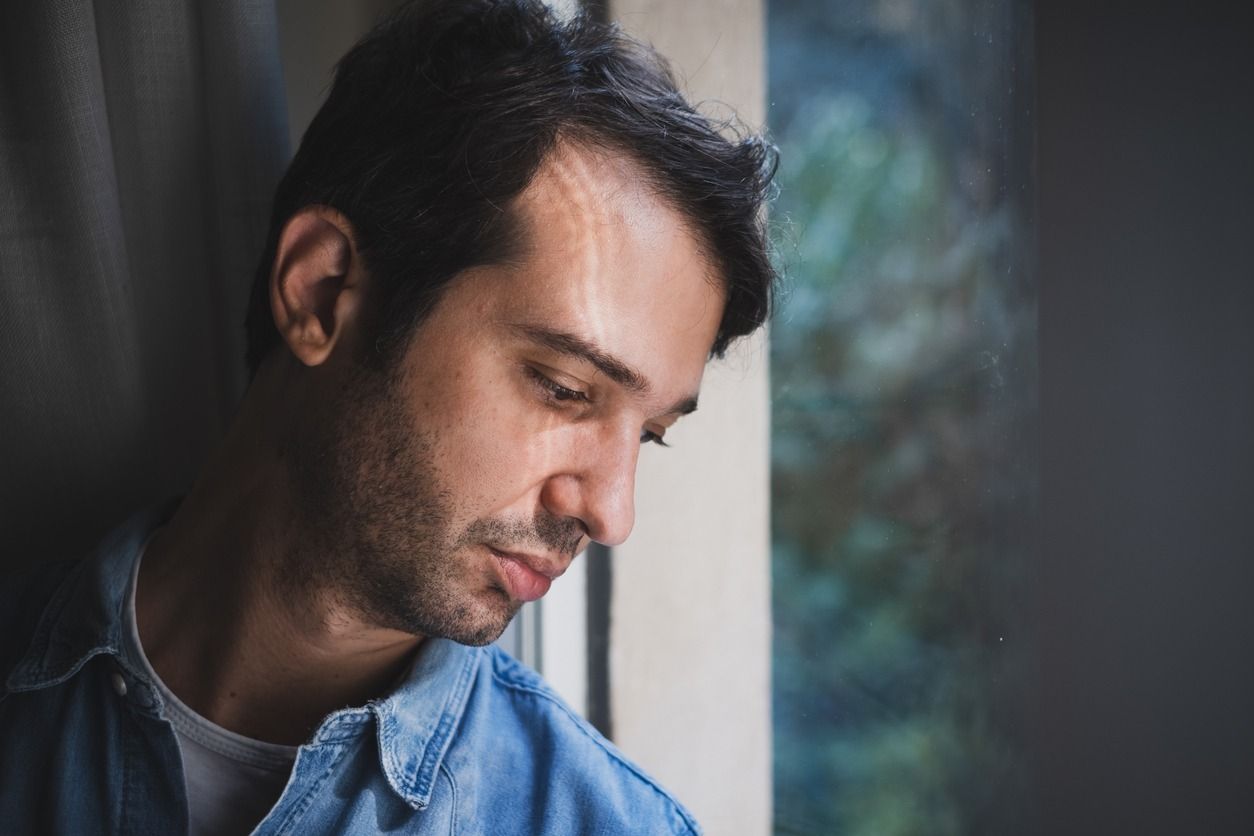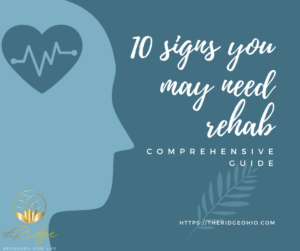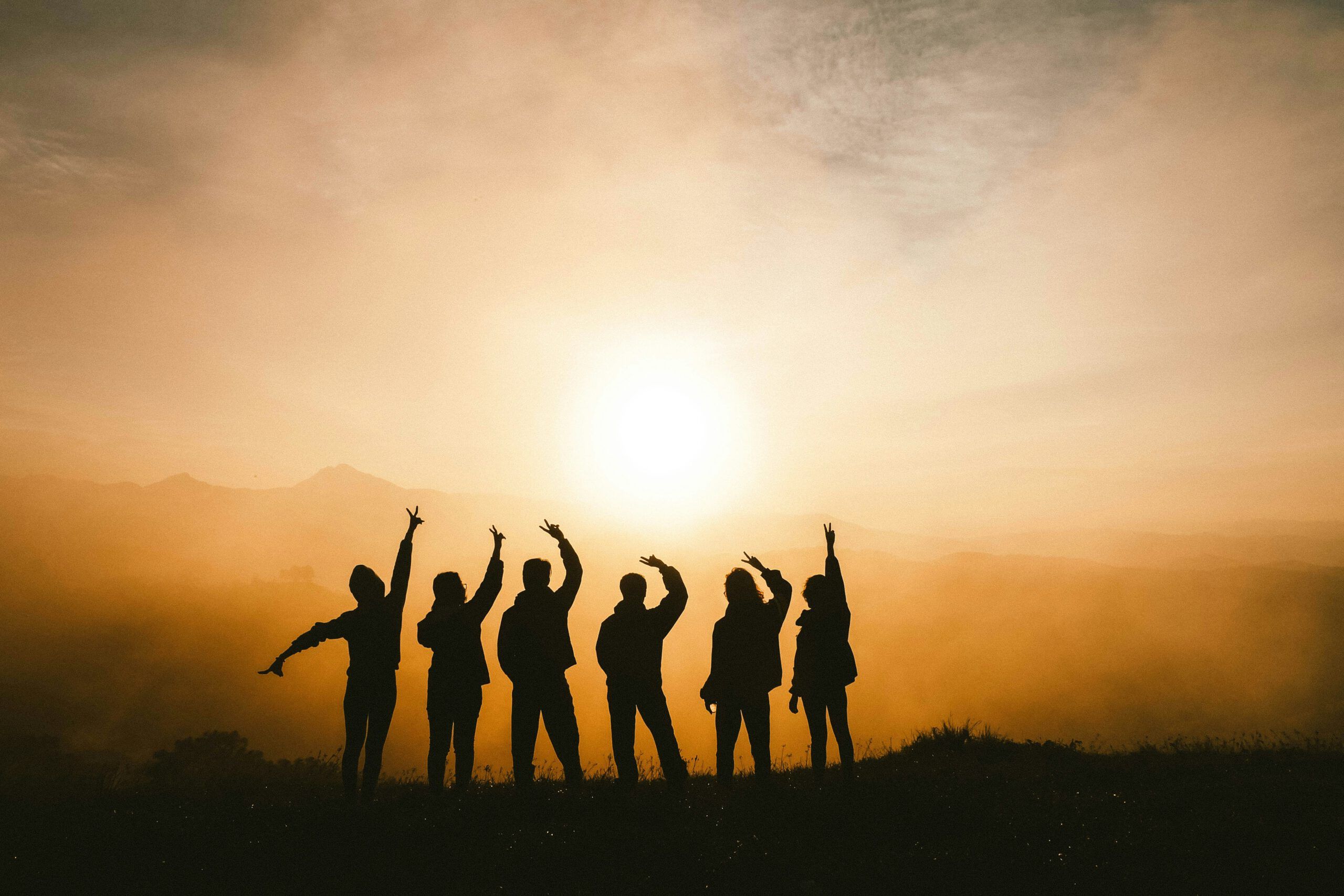- Home
- Blog
- Addiction & Substance Use Disorder
- 10 Signs You May Need Drug and Alcohol Rehab
10 Signs You May Need Drug and Alcohol Rehab

- Home
- Blog
- Addiction & Substance Use Disorder
- 10 Signs You May Need Drug and Alcohol Rehab

Table of Contents
Key Takeaway:
- Warning signs: Reckless behavior, strained relationships, declining health, withdrawal symptoms, and mental health issues can indicate a need for drug rehab.
- Personal and legal consequences: Drug use can lead to neglected responsibilities, deception, legal troubles, and difficulties quitting without help.
- Seek professional help: Rehabilitation centers like The Ridge provide resources, personalized treatment plans, and support for a successful recovery from addiction.
In today’s society, substance use disorders can often be cloaked in the shadows of denial, stigma, and misunderstanding. This makes it challenging for those affected to realize they may need help. Sometimes, it’s not until the situation becomes severe that the reality of the problem fully emerges. Yet, it is vital to understand that the earlier intervention occurs, the more successful recovery can be.
It’s important to understand the signs of substance use disorder and highlight the crucial indicators that professional help, such as our Ohio inpatient alcohol rehab or Ohio alcohol detox might help. Recognizing the signs of substance use disorder or disordered use of medication or alcohol can help to provide a path to understanding, acceptance, and ultimately, recovery.
10 Signs You May Have A Drug Addiction And need Drug and Alcohol Rehab

From physical and mental health changes to shifts in social behavior and responsibilities, several factors may signify a potential problem with drug abuse. The DSM-5 is a diagnostic manual that provides a guideline for diagnosing drug addiction. The criteria for drug addiction falls under four basic categories — impaired control, physical dependence, social problems and risky use: If you or a loved one is using more of a substance than intended or using it for longer than intended, these a signs you might need rehab. Trying to cut down or stop using the substance but being unable to you with the knowledge to discern these signs either in yourself or in your loved ones, acts as a critical first step in the journey towards overcoming substance use disorder. The road to recovery is not easy, but acknowledging the problem is the start of a courageous journey towards a healthier, substance-free life.
About 23.5 million Americans are addicted to drugs and alcohol. Unfortunately, only 11% ever receive treatment.
1. Reckless Behavior
About 10.2 million people drive under the influence of drugs. When you’re under the influence, you might think it’s safe to drive. Your capacity to think clearly could become diminished.
You could start behaving recklessly as a result. Unfortunately, your decisions could put yourself and others at risk.
If your fading inhibitions led you to take dangerous risks, consider seeking drug abuse help. Otherwise, you could make a life-threatening decision in the future.
Think about the decisions you’ve made recently. Has anyone pointed out that you’re threatening your life? Did someone get hurt as a result of your decisions?
Consider seeking help before someone dies as a result of your reckless behavior.
2. Your Friends
Your friends and family members might speak up if they’ve noticed you’ve changed recently. They might notice these signs you need drug rehab before you do. If a loved one has spoken up about your drug abuse, consider seeking help.
Don’t shrug off their concerns. After all, they’re worried about you. They’re only trying to help you see the potential consequences of your choices.
Drug abuse could lead you to isolate yourself. You might pick fights or push people away.
If you’ve noticed your drug use is having an impact on your relationships, ask yourself “Do I need drug rehab?”
Don’t let your drug use impact your relationships. The tools you learn during drug rehabilitation could help you mend those broken fences.
3. Diminished Health
Consider scheduling a visit with your doctor. They might help you recognize the impact drugs are having on your health. In fact, prolonged drug use could damage essential organs, including your:
- Heart
- Liver
- Brain
Your risk for heart failure, HIV, and hepatitis C can increase, too.
Take a look at yourself in the mirror. Do you recognize the person you see? If you’ve noticed changes to your health, it’s time to seek help.
Otherwise, your health will only continue to diminish. You might not realize the damage that’s occurring until it’s too late.
4. Withdrawal Symptoms
If you’ve ever tried quitting on your own, you could begin to experience withdrawal symptoms. These symptoms could include:
- Muscle aches
- Yawning often
- Inability to sleep
- Excessive sweating
- Lacrimation
- Anxiety
- Restlessness
- Runny nose
You could start experiencing these symptoms during the first 24 hours you stop using.
After the first day or two, your symptoms could get worse. You might experience:
- High blood pressure
- Diarrhea
- Abdominal cramping
- Goosebumps on the skin
- Vomiting and nausea
- Dilated pupils
- Blurry vision
- Rapid heartbeat
Your symptoms should improve between 72 hours and a week.
If you’ve experienced these symptoms between moments of drug use, it could mean you’ve developed a dependence. Seek drug rehabilitation right away.
5. Mental Health Issues
Prolonged drug use could impact your mental health, too. For example, it could augment a mental illness like depression. You might start harming yourself.
Some people experience suicidal thoughts as well.
If you’ve started experiencing mental health issues like anxiety or depression, don’t wait to seek help. Otherwise, you could hurt yourself.
Look for a program that offers dual diagnosis treatment. You can receive help for your depression and addiction at the same time.
Neither one has to control your life.
In fact, seeking help right away could improve your quality of life.
6. Legal Issues
Your risky behavior could lead to legal issues down the road. For example, you might get arrested for:
- Violence
- Possession of controlled substances
- A car accident
You might get arrested for stealing, buying drugs illegally, or other forms of reckless behavior, too. If you’ve recently found yourself in legal trouble, consider it a wake-up call.
Getting help before that happens can help you avoid problems in the future. Don’t wait until you’re in handcuffs. Instead, consider these signs you need drug rehab.
If these issues sound familiar, it’s time to check yourself in.
7. Neglected Responsibilities
Drug use can become obsessive. It could take over your life until it’s all you care about. You might start neglecting responsibilities as a result.
For example, you might skip work or school. You might avoid responsibilities like paying rent or taking care of your kids. If you’ve started neglecting your responsibilities, you could impact others.
It might impact your future as well.
Instead, seek help right away.
8. You’re Lying
You might start lying to the people around you as a result of your drug use. For example, you might avoid telling people where you’ve been. You might hide drugs in your home or start hanging out with new people.
You could believe you’re in control of your drug use.
If these situations sound familiar, consider visiting a rehabilitation center.
9. You Don’t Know How to Quit
Do you know what to do if you want to stop using drugs? Don’t try to quit cold turkey on your own.
Remember, you could experience serious withdrawal symptoms.
Instead, find a facility that can help you safely detox.
10. You Tried and Failed
If you’ve asked yourself, “Do I need drug rehab,” you might have tried to quit in the past. Unfortunately, quitting alone isn’t always easy. You might relapse as a result of your withdrawal symptoms.
Consider visiting an inpatient drug rehabilitation center. They can provide you with the resources you need to quit successfully.
FAQs about Signs You May Need Drug and Alcohol Rehab Or Have A Substance Use Disorder
What are the top signs that I may need drug and alcohol rehab?
Noticing behavioral changes, such as increased secrecy, withdrawal from social activities, or a sudden change in friends can be signs. Physical symptoms like a change in sleep patterns, sudden weight loss or gain, or noticeable lack of hygiene could also indicate a need for rehab.
How does my physical health indicate a potential substance use disorder?
Declining physical health can be an early sign of substance use disorder. This may manifest as frequent illness, lack of energy, changes in appetite, or sudden weight changes. Unexplained injuries can also be a sign.
Are changes in personality or mood signs of substance use disorder?
Yes, changes in personality or mood can be signs of substance use disorder. If you’re experiencing heightened irritability, anxiety, or depression, or if you notice these changes in a loved one, it could be indicative of an issue with drugs or alcohol.
Can problems at work or school signal the need for drug and alcohol rehab?
Yes, if substance use is causing trouble at work or school such as declining performance, tardiness, or absence, these can be signs of a substance use disorder that may require professional help.
Does a high tolerance to drugs or alcohol mean I need rehab?
Building a high tolerance to drugs or alcohol, meaning needing larger amounts to feel the same effects, can be an early sign of addiction. If you notice this, it might be time to consider seeking help.
How does my mental health indicate potential substance use disorder?
Substance use can often coincide with mental health disorders. If you’re experiencing increased feelings of depression, anxiety, or paranoia, or if you’re noticing an increase in these feelings when not using the substance, this could be a sign of substance use disorder.
Can withdrawal symptoms signal the need for drug and alcohol rehab?
Experiencing withdrawal symptoms when trying to quit or reduce substance use can be a strong indicator of addiction. Symptoms can range from mild, such as restlessness or insomnia, to severe, such as hallucinations or seizures.
Does using drugs or alcohol to cope with stress indicate a problem?
Relying on drugs or alcohol to deal with stress, trauma, or emotional discomfort can be an early sign of substance use disorder. If this is happening, it’s important to seek help before it becomes a more serious issue.
Are changes in social behavior a sign of substance use disorder?
Changes in social behavior, such as withdrawal from friends and family, or associating with a new group of friends who use substances, can be early signs of substance use disorder.
Can neglecting responsibilities indicate the need for drug and alcohol rehab?
Yes, if drug or alcohol use is causing a person to neglect responsibilities at home, work, or school, it may be an indication that the substance use has become a problem and rehabilitation might be necessary.
Related Articles: Drug Rehab Guides
Start Your Road to Recovery For Drug And Alcohol Use Disorder
If these signs you need drug rehab sound familiar, don’t wait to seek help. The longer you wait, the more likely your health will deteriorate. Instead, consider signing up for drug rehabilitation right away.
You can develop a customized treatment plan with your goals and needs in mind.
You don’t have to go through this alone. We’re here to help.
Sources
- National Institute on Drug Abuse (NIDA). (2022). “Signs of Substance Abuse.” https://www.drugabuse.gov/publications/media-guide/science-drug-use-addiction-basics
- American Psychological Association (APA). (2023). “Understanding Substance Use Disorders.” https://www.apa.org/topics/substance-use-abuse-addiction
- Substance Abuse and Mental Health Services Administration (SAMHSA). (2023). “Recognizing the Signs of Substance Use Disorders.” https://www.samhsa.gov/find-help/disorders
- World Health Organization (WHO). (2022). “Substance Abuse: Symptoms and Warning Signs.” https://www.who.int/health-topics/substance-abuse
- Mayo Clinic. (2023). “Drug Addiction (Substance Use Disorder): Symptoms & Signs.” https://www.mayoclinic.org/diseases-conditions/drug-addiction/symptoms-causes/syc-20365112
- National Health Service (NHS). (2023). “The Signs of Drug Addiction.” https://www.nhs.uk/live-well/healthy-body/drug-addiction-getting-help/
- Centers for Disease Control and Prevention (CDC). (2023). “Alcohol and Public Health: Alcohol-Related Disease Impact.” https://www.cdc.gov/alcohol/fact-sheets/alcohol-use.htm
- American Addiction Centers. (2022). “Early Warning Signs of Drug Use.” https://americanaddictioncenters.org/signs-of-drug-addiction
- National Institute on Alcohol Abuse and Alcoholism (NIAAA). (2022). “Alcohol Use Disorder.” https://www.niaaa.nih.gov/alcohol-health/overview-alcohol-consumption/alcohol-use-disorders





